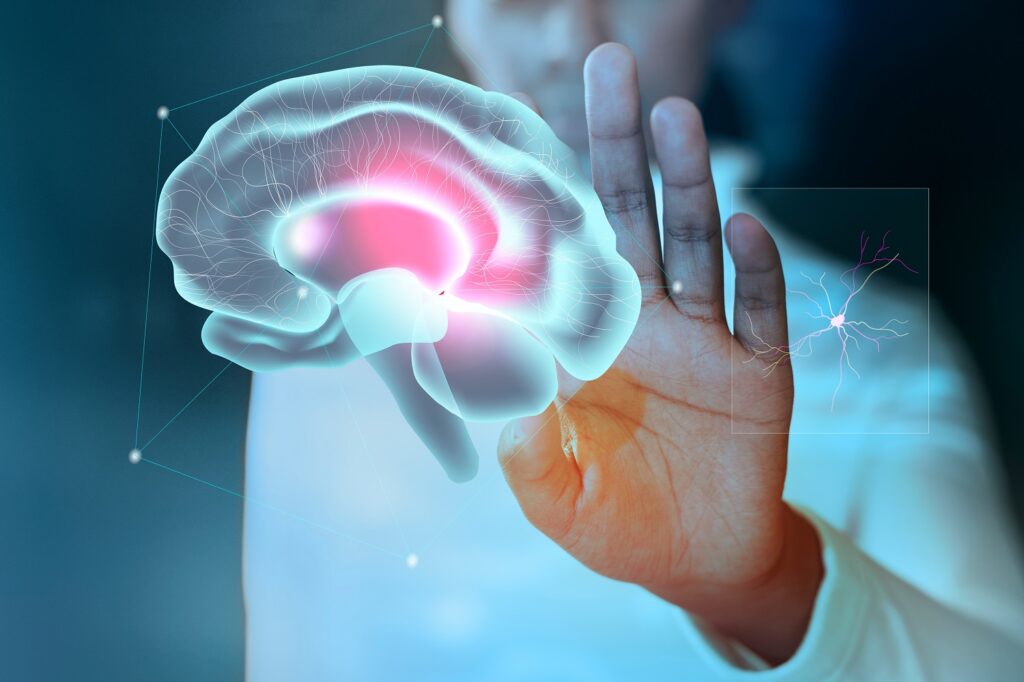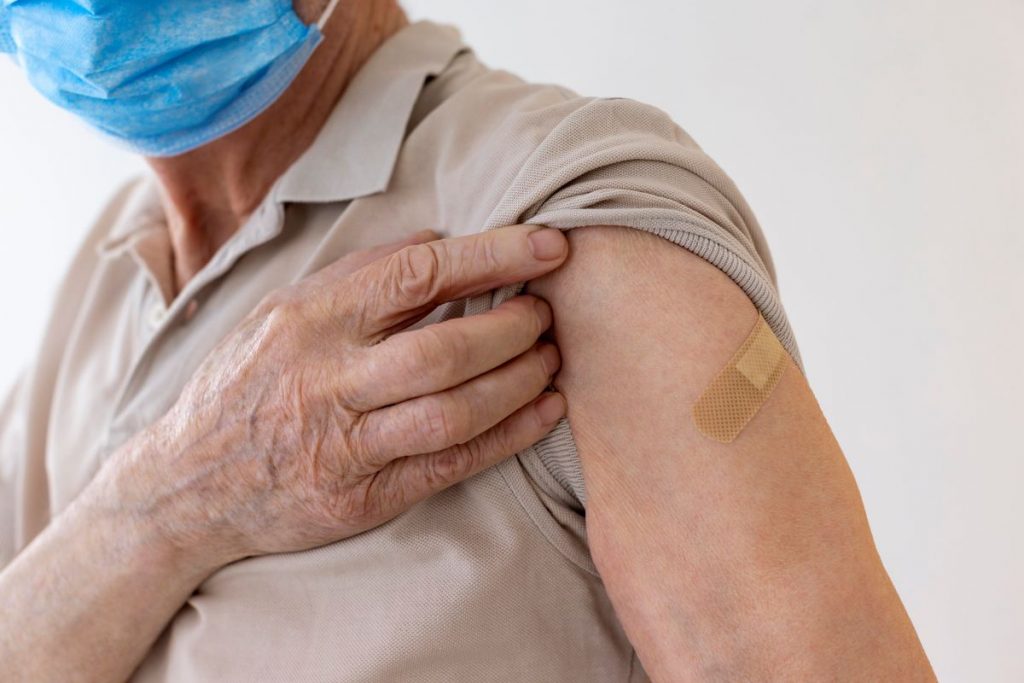A 58-year-old male with no previous mental illness or substantial psychiatric history was admitted with complaints of sudden onset of altered behavior including increased activity and energy, unusual talkativeness, decreased sleep, and irritability over the last two weeks. Forty days before admission, the patient was diagnosed with COVID-19. The patient received an intramuscular injection of 10 mg haloperidol per day. After detailed clinical assessments and laboratory findings, a diagnosis of bipolar disorder manic episodes with psychotic features was confirmed. Aripiprazole 5 mg per day was potentiated to 20 mg per day. The patient’s delusion improved with the treatment of aripiprazole 20 mg per day and was discharged from the hospital.
Results
b) Aripiprazole
Aripiprazole is a novel anti-psychotic found to be effective in bipolar disorder. Aripiprazole exhibits the pharmacodynamic properties of partial agonism, functional selectivity, and serotonin-dopamine activity modulation. Aripiprazole is well-studied in all phases of bipolar disorder and controlled trials have been very useful in delineating its place in the treatment of this chronic, life-long disease.















